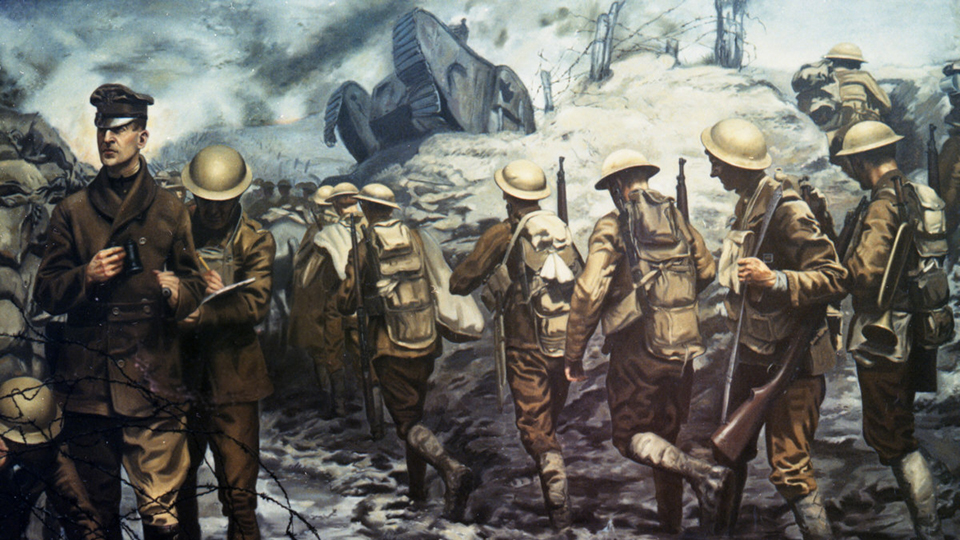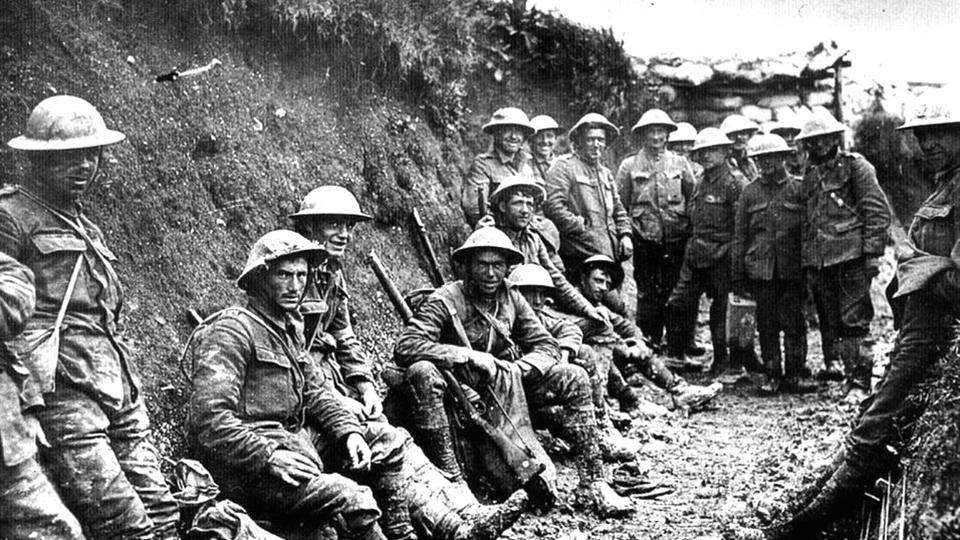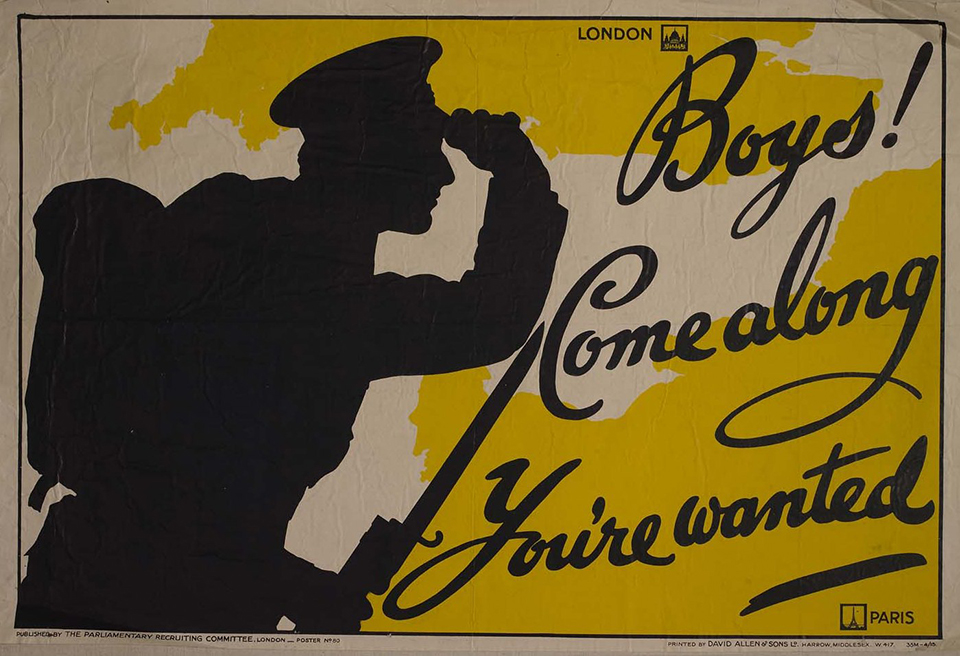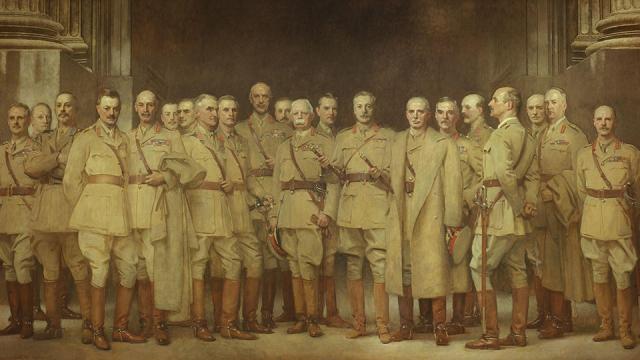
"The politicians who took us to war should have been given the guns and told to settle their differences themselves, instead of organizing nothing better than legalized mass murder," commented military veteran Harry Patch about World War I.
In 2007, two years before his death, Patch criticized the then-government’s plans to honor the dead in Westminster Abbey.
“But why? What for?” asked the last surviving British combat soldier. “Why didn't they think about doing something when the boys came back from the war bloodied and broken?”
This year, the 100th anniversary of the start of the First World War, seems to have heightened the relevance of Patch's statements – especially as the British government appears to be attempting to rewrite it as a "just" and "necessary" war.
The current official statements contradict the sentiments of many soldiers, such as Alfred Finnigan, who said, “It was a ridiculous war and a lot of my friends died."
But Britain’s government plans nonetheless to re-glorify those awarded medals while spending millions to revamp memorials to the Great War. Prime Minister David Cameron wants “a commemoration that, like the Diamond Jubilee celebrations, says something about who we are as a people.”
Meanwhile, Education Secretary Michael Gove has joined the history re-drafting project. Gove asserted that 100 years ago, Britain needed to fight against “ruthless German elites... [and that] their aggressively expansionist war aims and their scorn for the international order all made resistance more than justified.”
For a contrary opinion, I spoke with Alex of the London group Remembering the Real WW1. “They are trying to sell the war as it was sold at the time; it seems farcical,” he tells me. “WWI had nothing to do with democracy, peace, justice, freedom or gallant little Belgium: it was a product of long rivalries between great imperial powers competing for global resources and colonies.”
I also interviewed Mark, another member of the group (who, like Alex, only wanted to be cited by his first name). “Britain is the most militarily obsessed society in human history about the amount of fighting it has waged through 500 years of imperialist expansion,” Mark says. The government's recasting of the War today in former, patriotic terms is simply "another distraction from the grim austerity agenda, like the Jubliee and Royal Wedding."
Alex also suggests something further, hitting at the heart of the current debates over inequality.
“The rich ideologically believe in their myths within their class identity,” he suggests, and “they probably believe in austerity: that the poor should have less. Since the few decades of decreased inequality before Thatcherism, the rich’s project has been about retaking control.”
I asked two veterans who served more recently how they think Britain should be marking the centenary.
“With regret, based on the slogan: Never again,” says veteran Chris Roper, who is a member of the United Nations-affiliated Veterans for Peace. Roper describes how his firsthand experience of war differs from the way the mainstream reports it.
“There was the day when every U.K. national newspaper front page carried a story that glorified the military at the expense of the truth," he says. "I was part of that story, I had been there. I knew the truth. I saw the light.”
Garry Harriman, a former British RAF fighter who is also with Veterans for Peace, adds that “wars are abhorrent and should be abolished in favor of global cooperation.”
“All wars are the result of ulterior motives or, in modern times, geopolitical objectives, mainly resource, oil and gas requisition,” says Harriman, who now lives in the U.S. “In America, the ultra right-wing has no doubt achieved their aims, for instance the Project for the New American Century. Set up in 1997, this group of neo-conservatives advocated for military intervention in Iraq. They succeeded with many in the think-tank being given positions in G.W. Bush’s administration.
"In reality, the corporations and ultra wealthy benefit the most," he concludes. "The losers are those that fought, and thousands of men, women and children.”
Roper, who designed military aircraft, singles out the arms dealers and owners of industry who benefit greatly in times of war. “These firms should convert to socially useful production, and thrive doing so,” he says.
Another point raised by Remembering the Real WW1 is this: 100 years ago, people were calling for revolution, but today the U.K. government neglects to raise the issue.
“Old institutions were heading for crisis, in terms of gender relationships, the aristocracies and classes in control," says Alex. "Everything was in question. It was no coincidence that within this meltdown Europe drifted into war.” In 1914, for example, Ireland was just weeks away from Civil War. Meanwhile, London society found itself nearly paralyzed by the Suffragettes who were burning churches.
Additionally, the Labor Party threatened revolution through strikes known as the Great Unrest. The historical interpretation – that the elites wanted war in order to deflect the anti-capitalist fervor of the time – is substantiated by comments from Basil Thomson, who headed the Special Branch of London's metropolitan police force, tasked with spying and subverting the Suffragette and Labor movements.
"Unless there was a European War to divert the current we were heading for something very like revolution," Thomson said, as quoted in Bernard Porter's book The Origins of the Vigilant State.
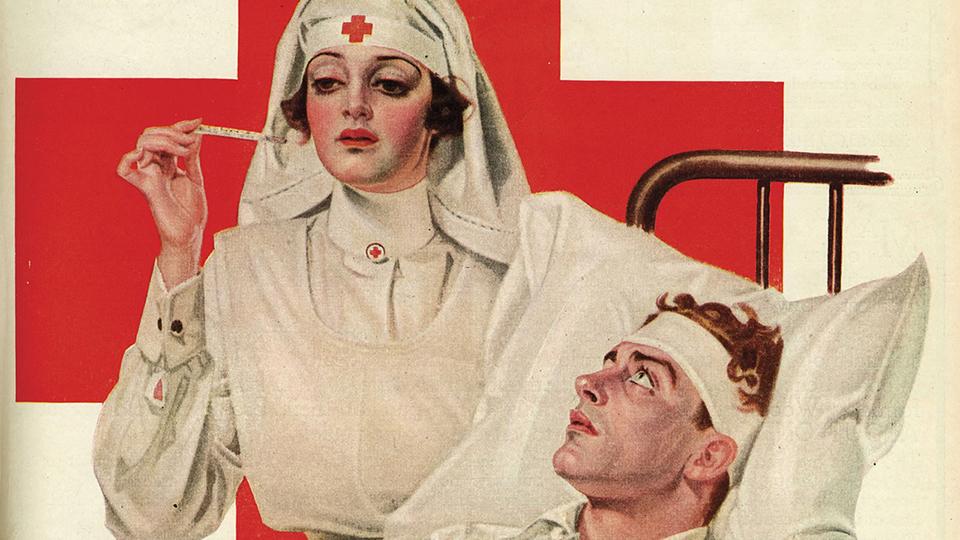
Indeed, the war greatly quelled the anti-capitalist movement in the U.K.. But it also had deep and lasting impacts on British society.
“It made a shared fear and hatred of war," says Mark. "The resistance, mutiny and anti-war movement in WWI meant the ruling class could not sell war and national sacrifice in the same way again.”
The use of the fear of war is still used by the establishment to control people, he adds. For instance, during the Cold War when alternative movements were called Communist and spies were widespread.
“They tried to recreate this fear with the War on Terror and half succeeded in making everyone paranoid. I think the fear of war is crucial to the way the elites want to run capitalism,” Mark adds.
The power of war memory was perhaps most eloquently conveyed by George Orwell in his novel 1984, where he warned: “Those who control the present control the past and those who control the past control the future.”
Now, the accusation is resurfacing as Education Secretary Gove faces mounting criticism for his role in helping to rewrite Britain's school history syllabus with a greater focus on "war heroes" – who are predominantly upper-class white men.
In the process, progressives and anti-slavery campaigners like the pioneering nurse, Mary Seacole, get short shrift in the latest retelling of English history.
Members of Remembering the Real WW1 say Gove’s plans to promote right-wing history is clearly dangerous – not least because it could turn a whole generation of students off the subject. What's more, Gove is a member of the Henry Jackson Society, a thinktank advocating military intervention to spread neoliberal market "democracy" in the Middle East. And recent revelations in The Guardian, citing Britain's sabre-rattling against Syria and Iran, and general stirring up of fears around Islam, paint Gove’s intentions to rewrite history in an even more sinister light.
Somehow it feels like we're living history all over again.
View Steve Rushton's Commons page to learn more about him or read his other articles.
3 WAYS TO SHOW YOUR SUPPORT
- Log in to post comments

